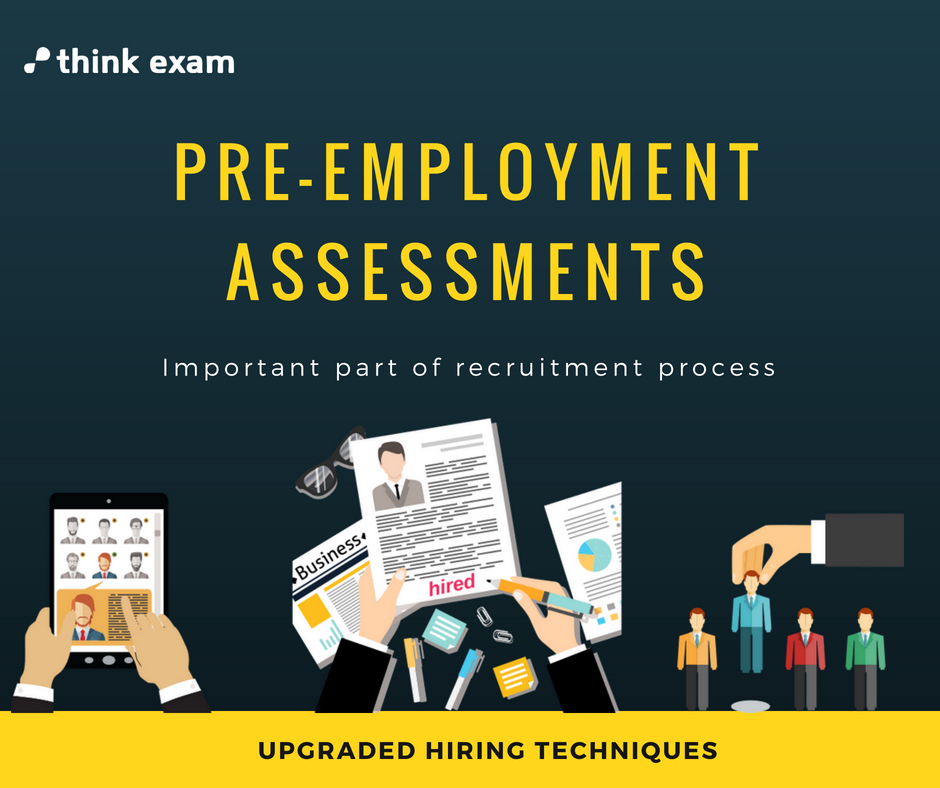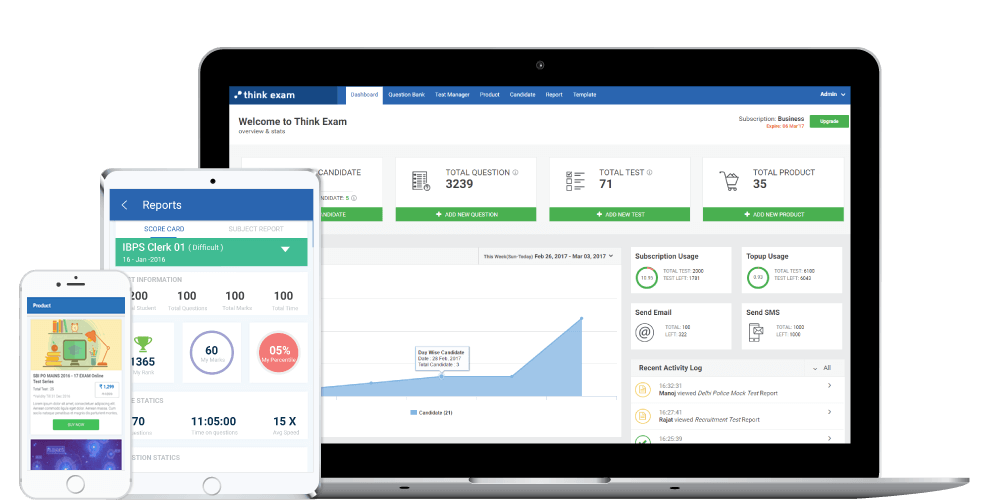The rapidity of changing hiring trend in companies has surpassed the dogma of recruitment acquisition and instead talent acquisition is being largely preferred as a more feasible long term deal. Recruitment is merely about filling the left out vacancies whereas talent acquisition is a much systemized approach to develop an ongoing strategy to procure specific skill set such as specialists, future executives and leaders for your company. With the complete focus on strategizing long- term human resources groundwork, talent acquisition is meant for large scale companies that do not dwell on a narrow approach.
But talent acquisition strategy is a complete flop if not been paired with the upgraded hiring techniques. A recent survey carried by CareerBuilder highlighted the fact that revamping of hiring strategies is being considered by the companies all over the globe. The same survey highlighted some of the other key points related to recruitment such as:
- – 42% of employers are stressed about the inability to find the exact talent that they are looking for.
- – A rough estimation of around 72.8% of recruiters are merely managing to find relevant candidates and,
- – 86% of highly qualified and skilled candidates are already employed and are not in favor of changing their job anytime soon.
To succeed by overpowering all of these obstacles, it is important for recruiters to reform their hiring strategies by upgrading their existing policies to match with the latest trends. One of the ways of doing so is by implementing Pre-employment assessment at the very first step of recruitment.
What & Why?
Pre-employment assessment is objective in nature and is a standardized method of gathering informational data of candidates during the process of hiring. It is the most effective and valid mean to acquire an insight to the applicant’s ability and skills and to determine if the applicant makes a right fit for the position or not.
This method of screening potential applicants has gained a lot of popularity in the recent years by serving as a useful tool to manage large pool of applicants. With so many websites that give job seekers a platform to upload their resumes and apply for jobs, recruiters are running out on resources to pin the right one out of so many applicants this way they are losing on potential candidates to other companies who are using better automated ways instead of manual handpicking. In this fast pacing environment application of pre-employment tests gives a strong hold over the large pool of candidates, making the hiring process fast and efficient. If we say that technology is the reason why recruiters are being overburdened by the flooding of resumes online then we should also consider that technology is also making the process much simpler by the amalgamation of Pre-employment assessment to recruiting process.
Types of Pre-employment test
There are many types of pre-employment tests online but they all generally fall under three basic categories which are:
1. Aptitude Test
Aptitude tests are meant to assess the candidate’s ability to learn new things and the readiness to adapt with the new techniques. It measures the level of critical thinking and problem solving skills. Overall an aptitude test is meant to measure the general intelligence or thinking strength of the candidate.
LinkedIn conducted a study which proved that 65% of employers seek problem solving skills and 64% of employers are looking for applicants who are flexible in adapting to new concepts. Assessing such a precise skillset is not possible by depending only on resumes or interviews because of which aptitude test is a necessity that needs to be applied in the hiring procedure.
2. Personality Test
How does assessing the personality of a candidate at all matter? Now suppose if you have hired a candidate who is a perfect tick on your skill requirement list but is highly ill tempered or working in team is not his forte, now what? Such a candidate lacks the chance to sustain in a group working environment, ultimately costing as a bad hire.
These types of situations can be altered well in advance by the application of pre- employment personality test. Personality tests are mostly developed on the “Five Factor Model” that measures 5 different dimensions of personality that is
• Agreeableness
• Conscientiousness
• Extraversion
• Openness
• Stress tolerance
These 5 traits largely comprise the personality of a person, assessing on these traits can cover almost all of the aspects of personality. The requirement of personality traits can vary according to the job type and so the reliability and norms of the test are subject to change according to the need of the profile. Another part of personality test is the integrity test that measures the honesty and reliability of the candidate. Risking sensitive information of the company to a person who is not reliable can be a loss so integrity test develops trust of the employer over the candidate.
3. Skill Test
Measuring skills is a vital aspect and needs a proper tool so as to avoid any misinterpretation during the process. Basic competencies that are necessary to acquire a job such as verbal communication, mathematics, typing and computer skills are measured efficiently by a skill test. Skill tests are designed according to the requirement of the profile.
This narrows down the search as the right candidates are instantly acquired by only looking at the scores on the test. Whereas some test are meant to measure general skills that are required for almost all job types such as literacy, attention to detail and numeracy of the applicant.
Conclusion
Pre-Employability tests are gaining widespread popularity in the hiring culture. Because of the increasing job applications and inability to maintain effective tap over so many resumes, recruitment assessment tests have been proved useful to counter this situation.
Its steady growth over the last decade has been stated in a recent survey by American Management Association (AMA) that revealed a percentage of 70% employers that included a form of skill testing in their recruitment process. The wide acceptance for Pre-Employability test by the recruiters, mark the start of a changing trend that will undoubtedly lead to effective hiring in the organizations.




